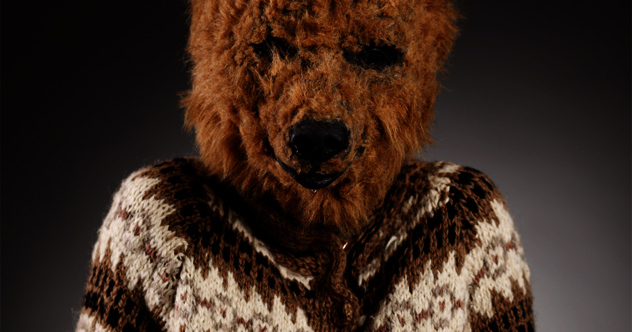
I just finished a play test of my game Public Access, and feeling really good about it. We had a great time, and told a great story, and the feedback I got for how to make the game better was thoughtful and constructive. I’m really excited to incorporate some of the suggested changes into the text.
Thanks to Johannes Oppermann Steve Mains and David LaFreniere for helping me out today!

What’s it about Jason?
What’s it about Jason?
Also, for what it’s worth, these are more echoes from #threeforged. It will be interesting to see how many games down the road got their start there.
Also, for what it’s worth, these are more echoes from #threeforged. It will be interesting to see how many games down the road got their start there.
Fraser Simons This is directly from the text:
“Public Access is a storytelling game for 3-5 participants. Players portray a group of adults who have come together online to discuss their memories of a short-lived public access TV show they watched as children. During the course of the game, one character will remind the others about a mystery surrounding the show. Characters will then relate their memories of specific episodes of the show, in the hope that clues to solving the mystery are contained within. The characters then engage in their own research and investigation, and later confer with each other about what they discover.
Inspirations for this game include creepypasta stories like “Candle Cove” and “1999,” and emergent mystery games like Society of Dreamers and Psi Run.”
Fraser Simons This is directly from the text:
“Public Access is a storytelling game for 3-5 participants. Players portray a group of adults who have come together online to discuss their memories of a short-lived public access TV show they watched as children. During the course of the game, one character will remind the others about a mystery surrounding the show. Characters will then relate their memories of specific episodes of the show, in the hope that clues to solving the mystery are contained within. The characters then engage in their own research and investigation, and later confer with each other about what they discover.
Inspirations for this game include creepypasta stories like “Candle Cove” and “1999,” and emergent mystery games like Society of Dreamers and Psi Run.”
Sounds really fun!
Sounds really fun!
Sounds really… Er… Creepy
Sounds really… Er… Creepy